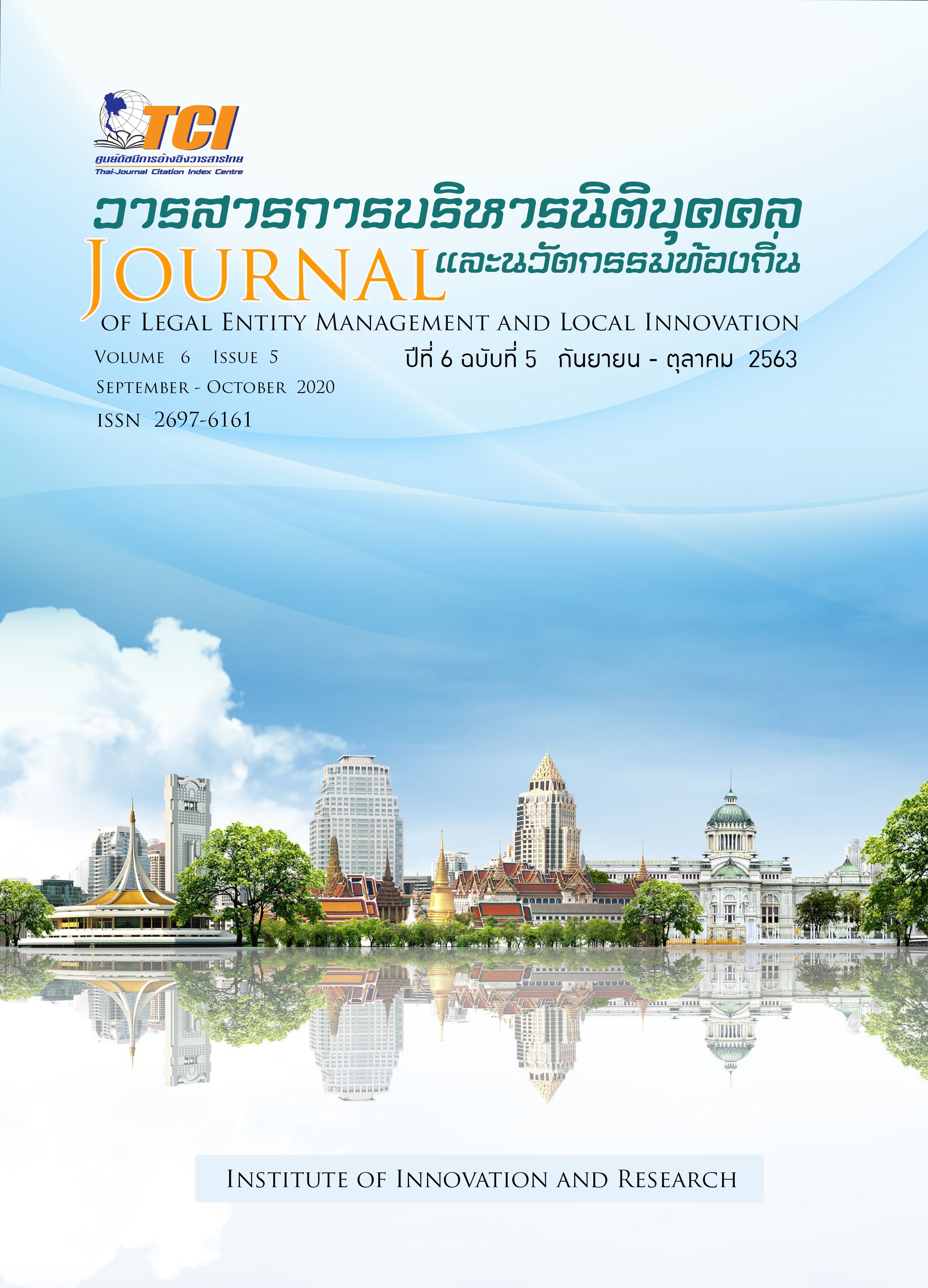The Effect of Simulation-Based Learning on Intellectual Skills as Perceived by Nursing Student in Boromarajajonani College of Nursing, Trang
Keywords:
Simulation Based Learning, Cognitive skills, Nursing StudentAbstract
The purpose of this Quasi-Experimental Research was to compare the effect of Simulation-Based Learning on Cognitive Skill Perceived of The Third Year Nursing Students, before and after the learning using simulation technique, and to compared them to Nursing Students who studied in the classroom. The population in this research were 72 persons of the third year nursing students of Boromarajonani College of Nursing, Trang in 2018 Academic year. They were divided equally into two groups: experimental group and control group, each group was consisted of 36 students. The experimental group was exposed to simulation. The control group was not exposed to simulation. The instruments in this study was questionnaire which was tested the content validated by 3 experts. The IOC score of the instrument was 1.00. The reliability alpha of the instrument was .94. Data were analyzed using frequency, percentage, Mean, Standard Deviation, dependent t-test and Independent t-test. The researcher found that: 1. The Cognitive Skill Perceived score of the experimental group before less than after with the statistically significance (t = 19.076, p < .05). 2. The Cognitive Skill Perceived score of the experimental group was more than the control group with the statistically significance (t = 11.190, p < .05). The results of this study showed that using simulated-based learning would enable the students to understand the complexity of nursing content with efficient learning outcomes.


